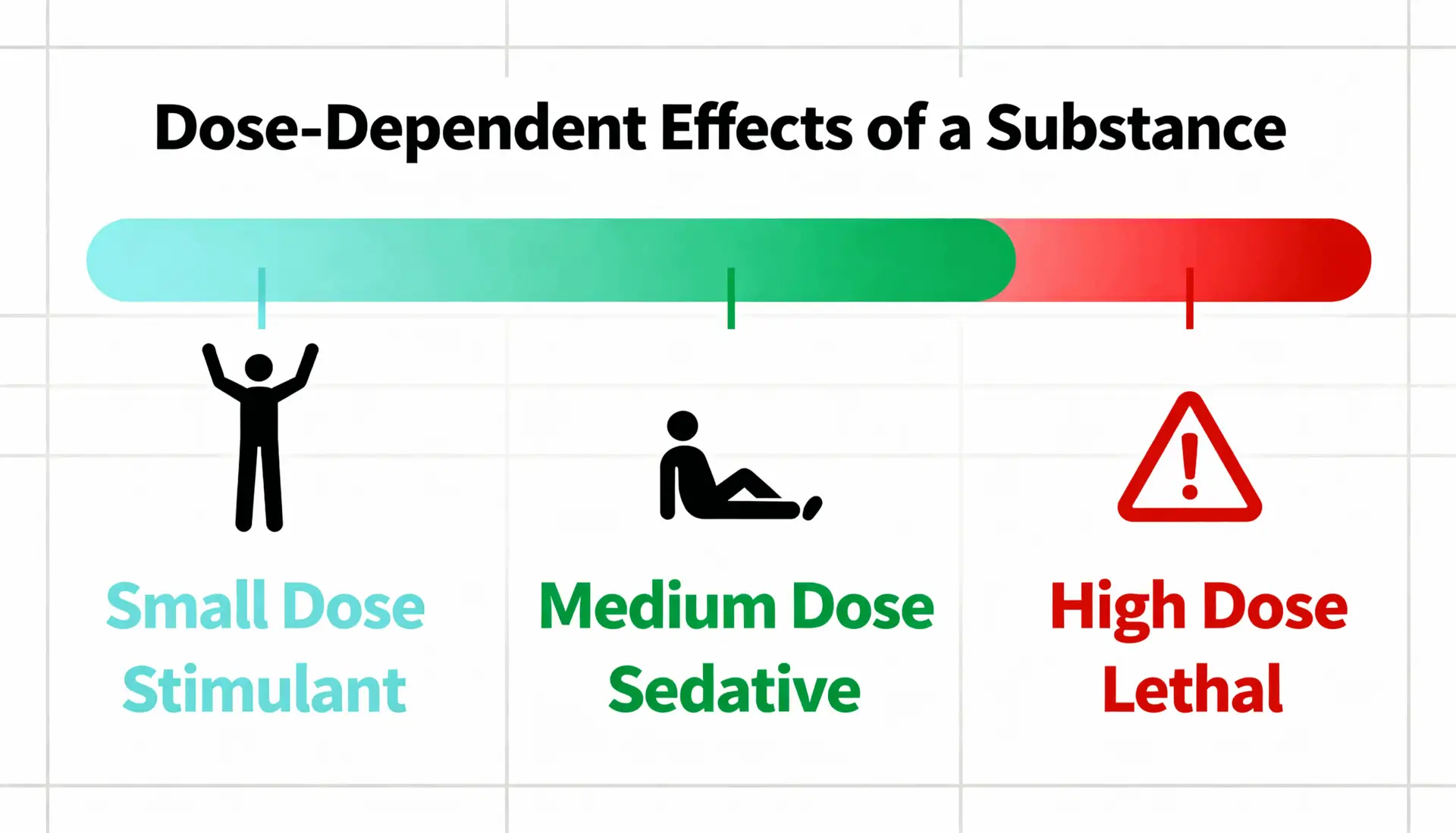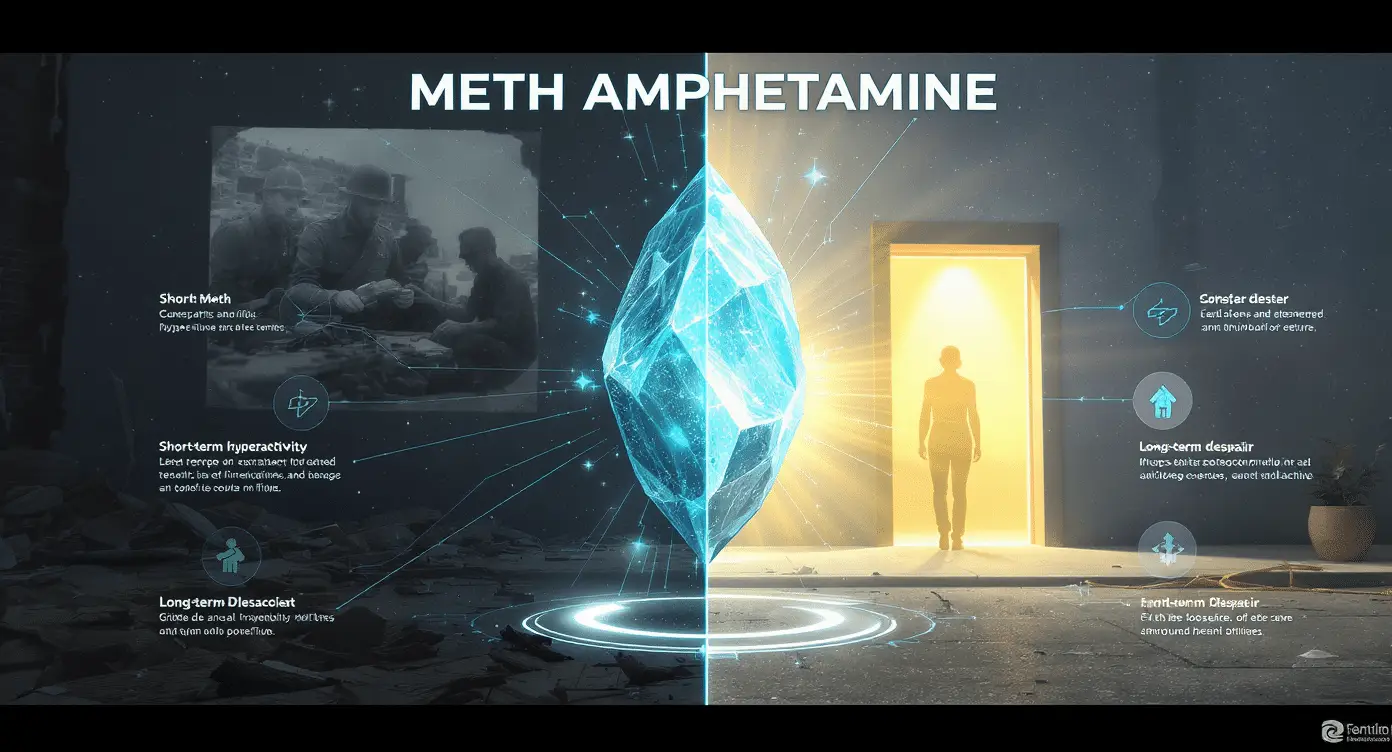The first hit feels like power. Meth floods the brain with dopamine, silencing fear and creating a high that seems unbeatable. However, that rush is short-lived—and the crash that follows marks the beginning of how meth changes your life.
From high to hollow: the rapid transformation
At first, everything feels sharper. Energy increases. Focus improves. Social fears disappear. You feel in control.
But this doesn’t last long.
Meth quickly hijacks your brain’s reward system. As a result, natural pleasures become meaningless. You stop caring about food, family, or sleep. The only thing that matters is the next dose.
Soon, the drug dominates your life. You push away your friends. Your job becomes unstable. Eventually, you lose all connection with reality. That’s how meth changes your life—quietly, but completely.
Physical decay: what meth does to your body
The changes aren’t just mental. Over time, meth causes serious physical harm.
Users often stay awake for days. This leads to hallucinations, skin sores, and rapid weight loss. Teeth rot. Hair falls out. The face becomes gaunt and aged. These signs are hard to hide.
Worse still, meth places your heart, liver, and brain under constant stress. It increases the risk of heart attack, stroke, and even sudden death. Therefore, the longer someone uses meth, the greater the damage to their health.
Why quitting meth is harder than it seems
Many people think they can stop anytime. Sadly, that’s not how meth works.
The drug changes how you process stress, pleasure, and emotions. Without it, you feel flat, hopeless, or anxious. Cravings become intense. As a result, even a short break can feel unbearable.
Because of this, quitting meth alone is rarely successful. Most people need support, structure, and time to recover. It’s not about willpower—it’s about restoring brain balance.
Rebuilding after meth: is recovery possible?
Yes. But recovery requires the right help and long-term commitment.
Programs like Narconon’s drug-free approach focus on detox, rebuilding trust, and practical life skills. This method addresses both the physical damage and the emotional toll.
Instead of replacing one substance with another, the program helps individuals restore their own decision-making and responsibility. Therefore, it gives people a real chance to take control again.
Thousands have already succeeded. With the right steps, so can you. Meth Education
FAQ: how meth changes your life
How does meth affect your emotions over time?
Meth gradually removes your ability to feel joy naturally. Over time, users become emotionally numb, disconnected, or trapped in cycles of rage and paranoia.
Does meth addiction happen quickly?
Yes. Even after just a few uses, meth can create strong psychological dependence. The brain adapts fast, making it harder to feel pleasure without the drug.
What long-term effects does meth have on health?
Meth increases the risk of stroke, heart failure, kidney damage, and severe dental issues. Long-term use can also lead to psychosis and memory loss.
Can people fully recover from meth addiction?
Absolutely. With structured, drug-free rehabilitation, many people return to a stable, fulfilling life. Programs like Narconon focus on lasting recovery—not just symptom control.



